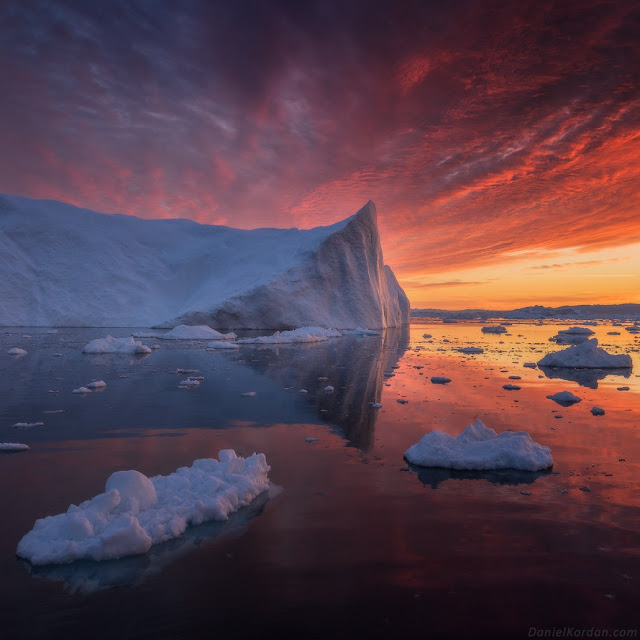Ice Age Information: Q&A
Ice Age and Its Effects
| Question | Answer |
|---|---|
| What is an ice age and how does it happen? | An ice age is a long period of time where the Earth's temperature is lower than usual, resulting in the expansion of glaciers and ice sheets. It happens when the Earth's orbit and tilt change, causing less sunlight to reach the poles. |
| How did the Earth's temperature change during the ice age? | The Earth's temperature during the ice age was about 5-10 degrees Celsius lower than it is today. |
| What was the impact of the ice age on the Earth's surface? | The ice sheets and glaciers caused significant changes to the Earth's surface, including the shaping of landscapes and the creation of lakes and rivers. |
| How can we use the knowledge about the ice age to understand climate change? | We can use the knowledge about the ice age to understand natural climate variability and to differentiate it from the current human-induced climate change. |
Ice Age and Its Cycles
| Question | Answer |
|---|---|
| How does the temperature change during an ice age? | The temperature during an ice age is lower than usual, but it can fluctuate depending on various factors. |
| What causes the end of an ice age? | The end of an ice age is caused by changes in the Earth's orbit and tilt, which result in more sunlight reaching the poles. This causes the ice sheets and glaciers to melt, leading to a gradual increase in temperature and the end of the ice age. . |
Climate Change Mitigation
- What can we do to mitigate the effects of climate change?
- Reduce greenhouse gas emissions by using renewable energy sources and increasing energy efficiency.
- Protect and restore ecosystems, such as forests, which absorb carbon dioxide from the atmosphere.
- Adopt sustainable agricultural practices and reduce food waste.
- Shift towards sustainable transportation, such as electric vehicles and public transportation.
- How can we use the knowledge about the ice age to understand climate change?
- By understanding the natural cycles of the Earth's climate, we can differentiate between natural climate variability and human-induced climate change.
- What caused the Earth's temperature to change?
- The Earth's temperature can change due to various natural and human-induced factors, such as changes in solar radiation, volcanic eruptions, greenhouse gas emissions, and land-use changes.




Comments
Post a Comment